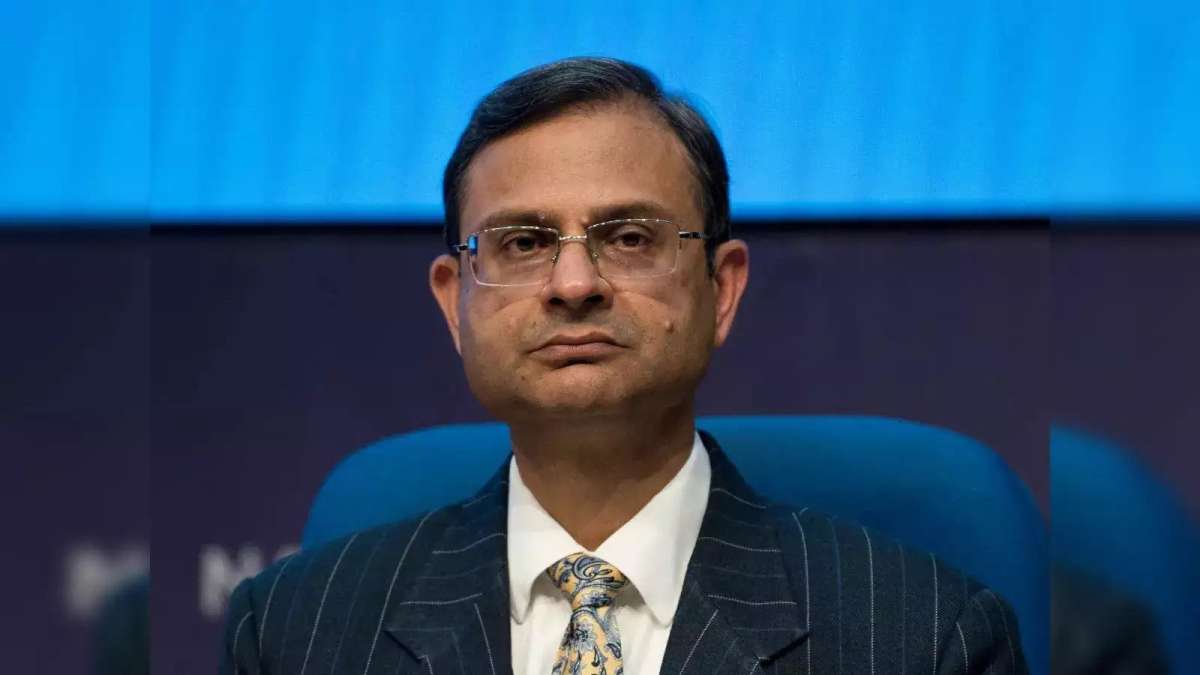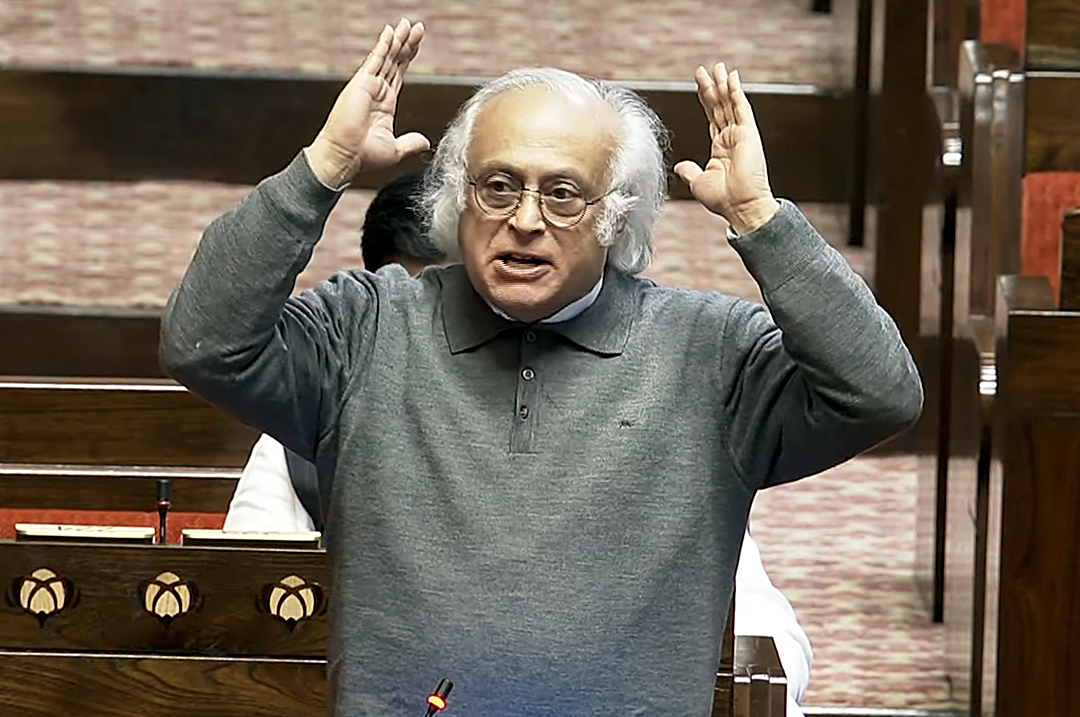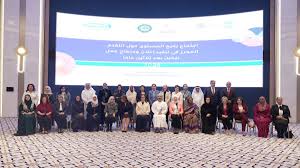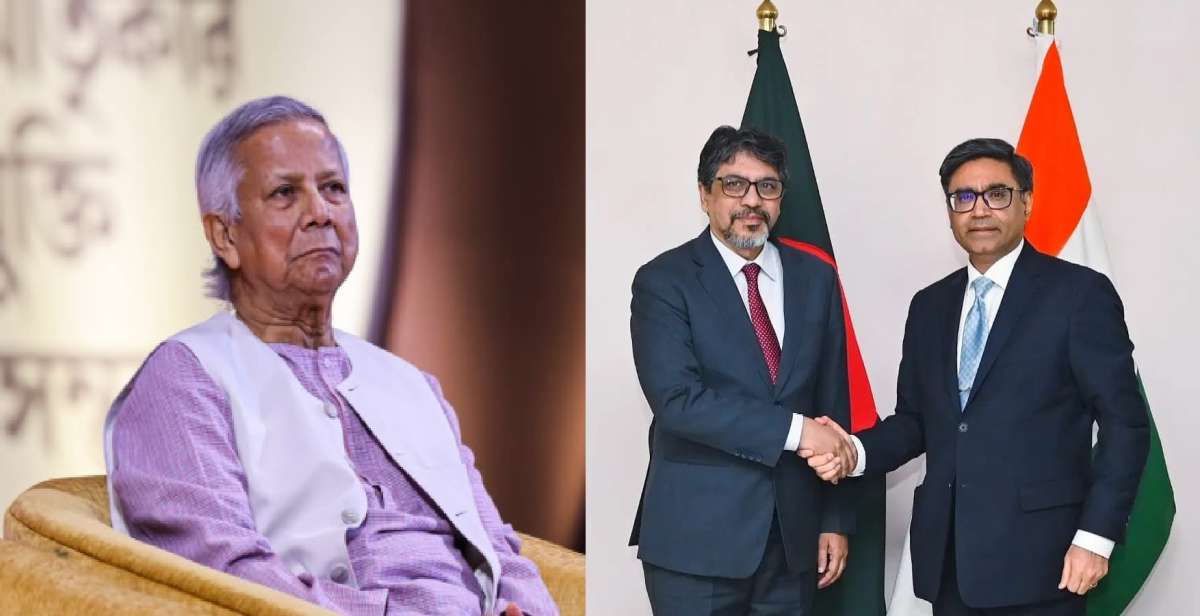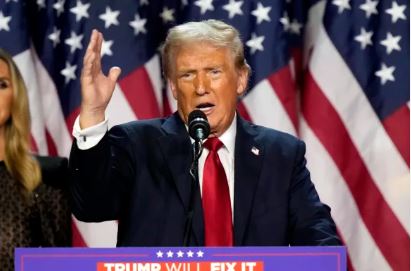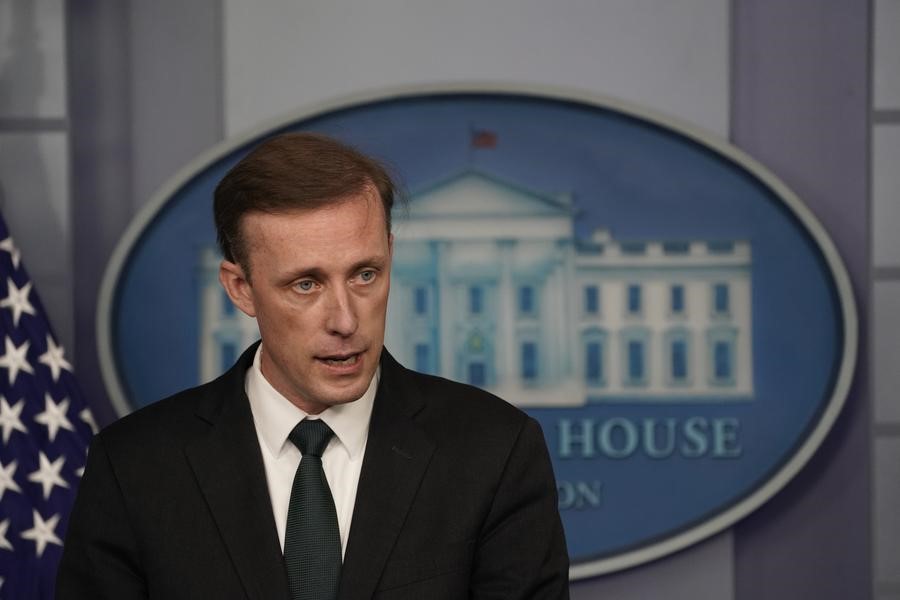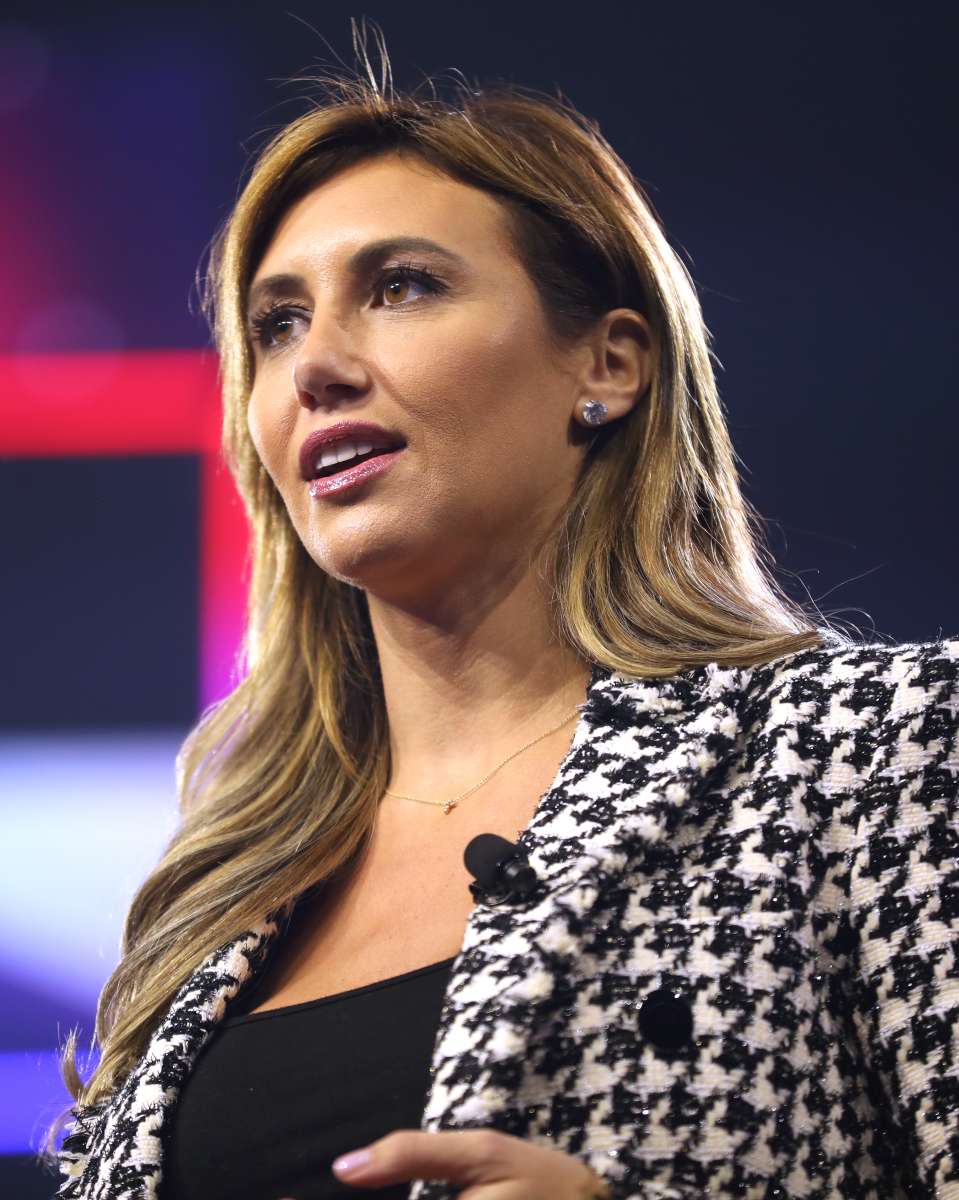He has extensive experience in finance and taxation at the State as well as the Central Government. As a part of his present assignment, he plays an instrumental role in tax policy formulation in respect of direct and indirect taxes…reports Asian Lite News
The Central government on Monday appointed Sanjay Malhotra, Secretary (Revenue) in the Ministry of Finance as the next Reserve Bank of India Governor. He will replace Shaktikanta Das, who with a six-year stint is the second-longest serving RBI Governor.
Sanjay Malhotra is a 1990 batch Indian Administrative Service (IAS) officer of the Rajasthan cadre. He is an Engineering Graduate in Computer Science from the Indian Institute of Technology, Kanpur and has a Master’s in Public Policy from Princeton University, US.
With demonstrated leadership and excellence in his career of over 33 years, Sanjay Malhotra has worked in multifarious sectors including power, finance and taxation, information technology, mines etc. Presently he is Secretary (Revenue) in the Ministry of Finance. In his previous assignment, he held the post of Secretary in the Department of Financial Services under the Ministry of Finance, Government of India, according to the Finance Ministry website.
He has extensive experience in finance and taxation at the State as well as the Central Government. As a part of his present assignment, he plays an instrumental role in tax policy formulation in respect of direct and indirect taxes.
Shaktikanta Das was first appointed as RBI Governor in December 2018, after the then-central bank chief, Urjit Patel, resigned before his tenure was expected to end. Das had been the second longest-serving RBI Governor after Benegal Rama Rau’s seven-year-plus tenure.
Das, who is also a former IAS officer with a long stint in the Finance Ministry, became governor after retiring from the service, his tenure as RBI Governor also ushered in a smoother functioning relationship between the central bank and the Finance Ministry after the friction that marked his predecessor’s tenure.
Das served as a secretary in the Department of Revenue and Department of Economic Affairs of the Finance Ministry, where he directly worked on eight Union Budgets. He was also a member of the 15th Finance Commission and a Sherpa for India at the G20.
Das has also served as India’s alternative governor in the World Bank, Asian Development Bank, New Development Bank, and Asian Infrastructure Investment.
ALSO READ-Pawar backs Mamata as INDIA Bloc leader
